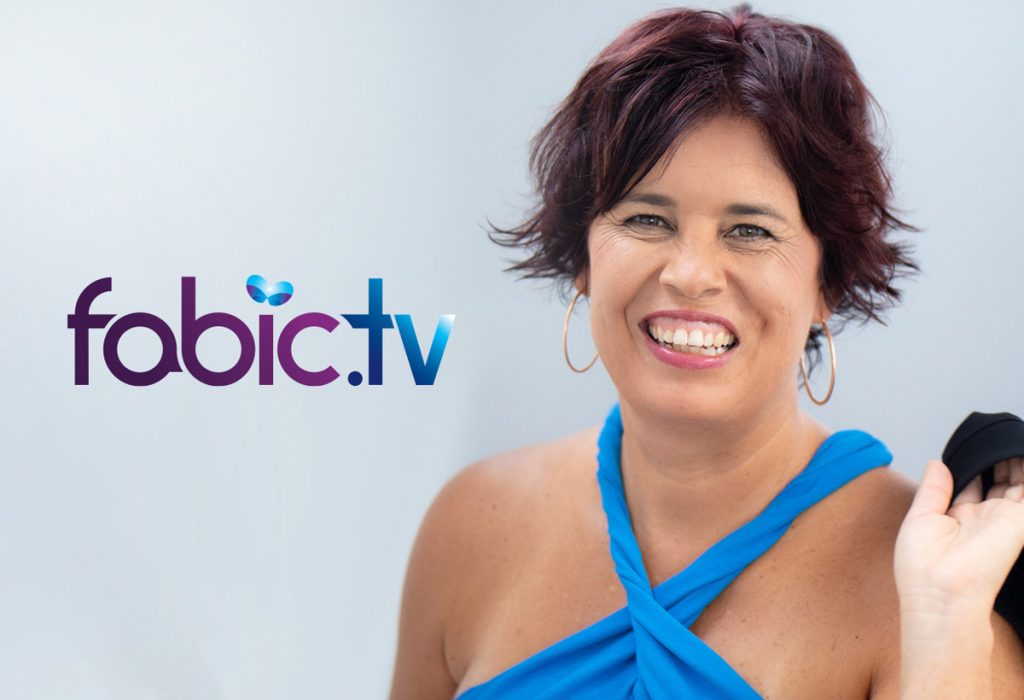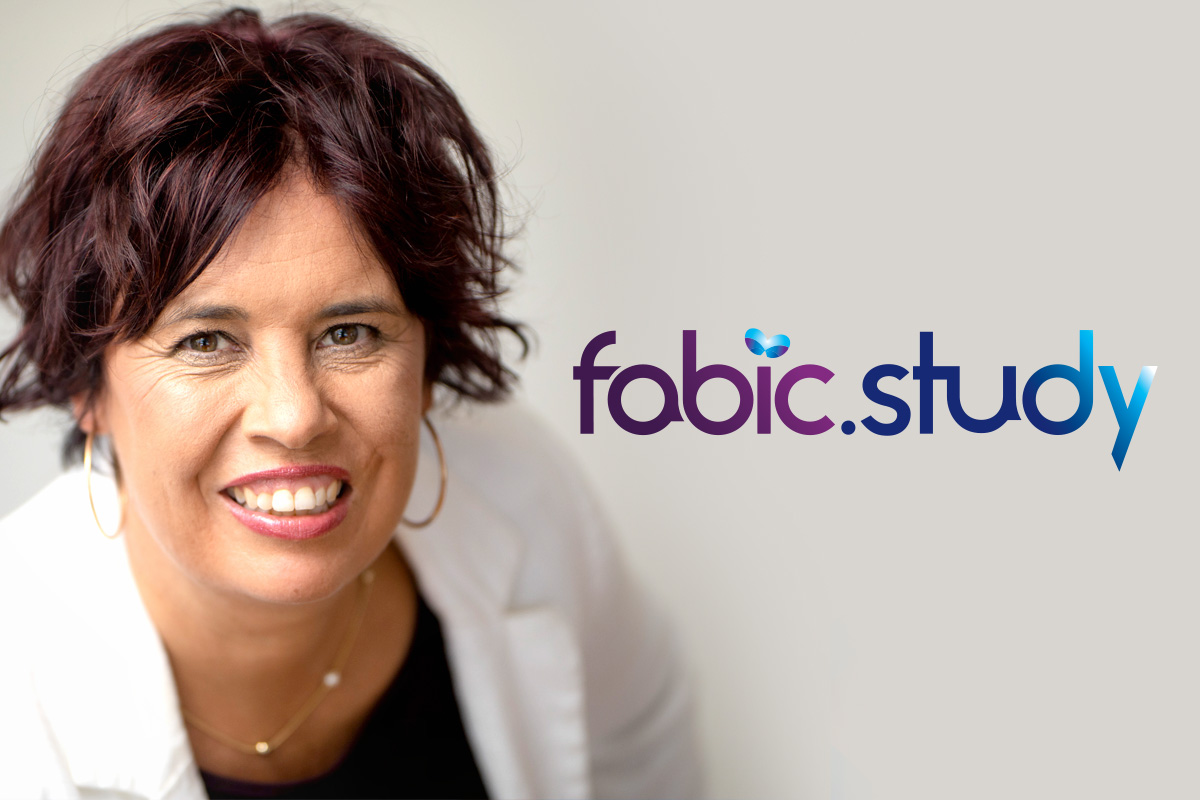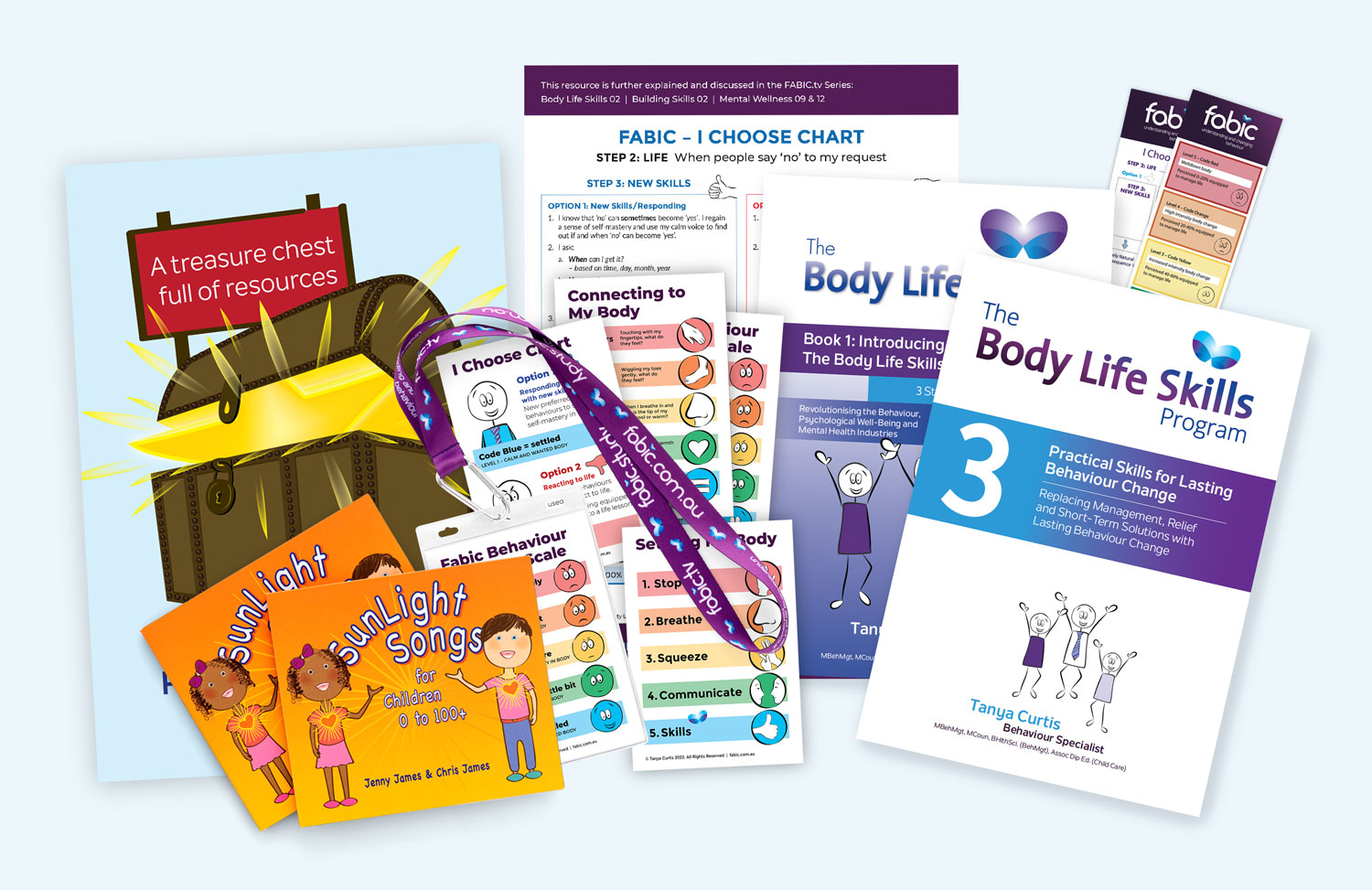Who hasn’t come across the need for setting boundaries, whether as a parent, carer or professional? Whether in relationships, work situations or in the community? Healthy boundaries refer to the limits we set around a situation, especially when it comes to behaviour expected in a classroom, workplace, in the community or at home.
Tanya Curtis, Senior Behaviour Specialist and founding director of FABIC Behaviour Specialist Centre, explains that healthy boundaries are not so much rigid rules but guidelines that support personal growth and development in the classroom of life we are all a part of.
Setting boundaries that support safety and development in our classroom of live is important. These boundaries are not fixed but need to expand as a person becomes more responsible and develops and masters life within set boundaries first.
And thus, the expansion provides more opportunities to embrace, learn and master what life has to offer, leading to increased levels of independence, capacity, self-responsibility and finally self-mastery.
Download a free quote on people’s behaviour
This video may be useful for those searching for the following:
- How to create/make boundaries
- How to preserve/keep boundaries
- Help with emotional/physical boundaries
And for a deeper dive into all things LASTING behaviour change with FABIC:
But wait there's more!
When it comes to FABIC and LASTING behaviour change, there is always more!
On the FABIC website you will find information about the Clinical Services on offer, a shop with products dedicated to supporting with Behaviour Change and a wide range of free FABIC resources.
For more in-depth behaviour change content head over to Fabic TV.
If you want to really immerse yourself in all things FABIC and LASTING behaviour change we recommend the FABIC Study and FABIC Education websites.











